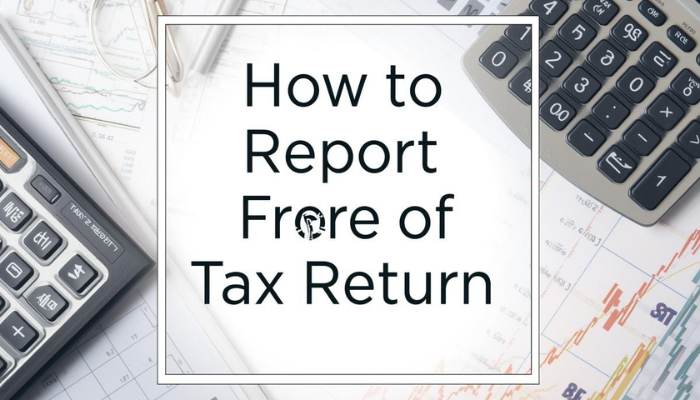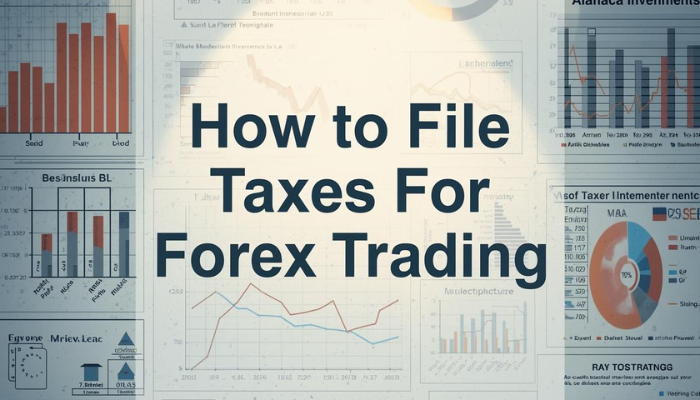
Are Advisory Fees Tax Deductible?
Investment managers must comprehend ‘Are advisory fees tax deductible?’ to maximize returns and optimize financial plans. Tax implications may arise from advisory fees, which are frequently paid for expert advice on investments.
Our business property tax services help you cover the subtleties of advice fees and their tax deductibility.
The Essentials of Advisory Fees
Financial experts or advisory companies can be paid advisory fees in exchange for managing investments, giving financial advice, and carrying out trades on behalf of customers. These charges differ according to the following:
- Provision of required services
- Usage of different investing methods
- Management of assets
Are Advisory Fees Tax Deductible?
Tax deductibility of advisory fees is contingent upon several variables, including their type and intended use. Advisory fees paid for overseeing taxable assets, such as:
- Stocks
- Bonds
- Mutual funds
These are kept in non-retirement accounts and can be deducted from taxes. Nonetheless, there are restrictions and requirements.
Can You Claim Advisory Fees?
Advisory fees may be deductible, but only up to a specific amount. They are classified as miscellaneous itemized deductions. However, you cannot claim this fee.
The threshold for miscellaneous itemized deductions, which includes investment expenditures like advisory fees, is 2% of adjusted gross income (AGI), per recent tax laws.
The only part of miscellaneous deductions that can be deducted is the portion above this cap.
What Type of Investment Fees are Tax Deductible?
Some investment-related costs, in addition to advising fees, may be deducted from taxes:
Fees for Custodial Services
You can deduct from your taxes the money you pay financial institutions to store and manage your investments.
Fees for Account Maintenance
You can deduct expenses related to keeping up investment accounts. It comprises yearly dues or administrative expenditures.
Professional and Legal Fees
You can deduct the cost of any financial or legal advice you get concerning your investing activity.
Subscription Fees
Expenses incurred for research services or publications about investments may be deducted.
Optimizing Tax Effectiveness
Take into account the following tactics to maximize investing fee deductions and enhance tax efficiency:
Bunching Deductions
You can maximize your deductions by exceeding the 2% AGI level in some years by paying eligible expenses—such as advisory fees—in alternative tax years.
Seeking Professional Guidance
Our financial planners and residential property tax counselors can offer individualized methods. You can maximize investment-related deductions and reduce tax liability.
Are Advisory Fees Tax Deductible in the IRS?
Under current federal law, investment advisory fees are not deductible by individual taxpayers. The One Big Beautiful Bill Act (P.L. 119-21), enacted July 4, 2025, made previous TCJA suspension of miscellaneous itemized deductions permanent.
So, investment-management and financial-planning fees that formerly would have been claimed under IRC §212 or the 2% miscellaneous floor cannot be taken on Schedule A for tax years after 2025. However, narrow exceptions remain:
- Advisory expenses that qualify as ordinary and vital business costs under IRC §162 (for a trade or business).
- Fees paid directly from pre-tax retirement accounts.
- Certain limited trust or estate administration costs.
Are Advisory Fees Tax Deductible for a Partnership?
Partnerships generally deduct advisory fees at the entity level when those fees are ordinary and necessary expenses of the partnership’s trade or business and are reported on Form 1065.
When the partnership incurs advisory costs to run its business activities, those expenses decrease partnership ordinary income and pass through on partners’ Schedule K-1s.
By contrast, fees that relate solely to passive portfolio management or fund-level investment activity require capitalization or different treatment. It may not be deductible to individual partners. Characterization is fact-specific. Therefore, review the Form 1065 instructions. Consult partnership tax counsel to ensure proper treatment.
The Bottom Line
So, are advisory fees tax deductible? Yes, in some cases.
Comprehending the intricacies of tax legislation requires considerable thought and preparation. Learning about the tax ramifications of investing fees and making the most of the available deductions can improve overall financial well-being and tax efficiency.
Please speak with our experts to customize tactics that fit your financial objectives and situation.
Read More:


